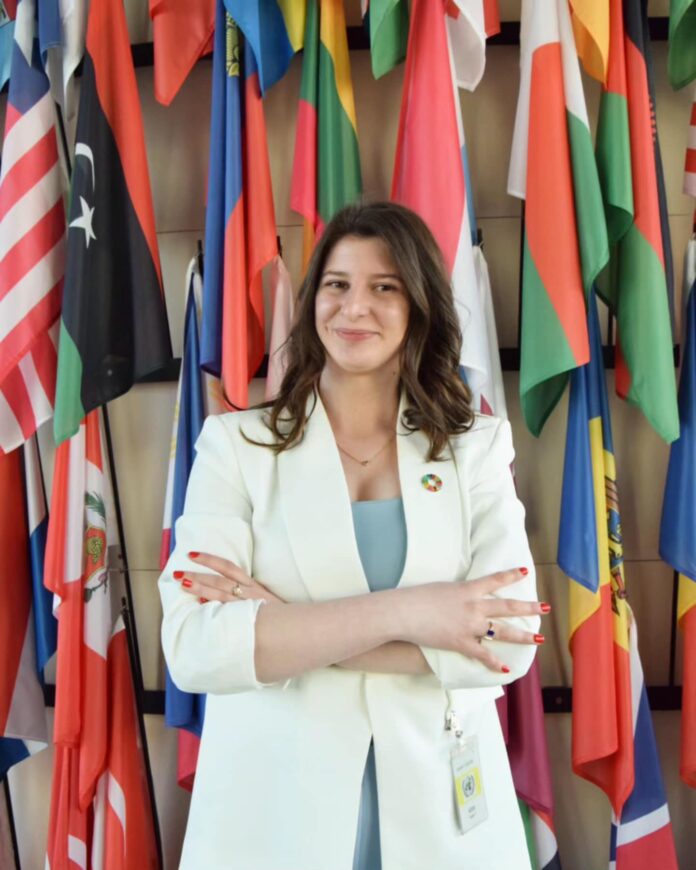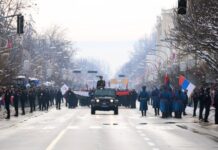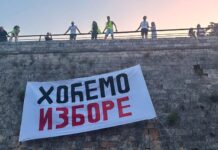Youth: Divided Observers or United Drivers of Change?
In modern society, political literacy among young people is a key prerequisite for active citizenship, a functional democracy, and the building of sustainable communities. Not every young person needs to aspire to become a political leader or be actively involved in politics, but it is fundamentally important that they understand how the political system works, who makes decisions, and how those decisions directly affect citizens’ daily lives.
One example of how politics and decision-makers shape young people’s lives is the allocation of public funds – whether it’s for education, youth employment, or addressing domestic and community violence. Recent cases of femicide, along with the inadequate institutional response to natural disasters like the floods in Jablanica, clearly demonstrate that political decisions, or the lack thereof, carry serious and often tragic consequences.
Young people in Bosnia and Herzegovina see this, feel it, and are increasingly responding.
Although civic education is formally part of school curricula, its implementation is often superficial, non-interactive, and insufficiently focused on developing critical thinking and active engagement. From personal experience and conversations with peers, I notice that more and more young people are interested in political developments, eager to understand the system they live in, to be involved, and even politically active. Still, social apathy and a sense of helplessness increasingly suppress that initiative. Due to the growing number of negative events, tragic incidents, and general distrust in institutions, many, including young people, withdraw from engagement and turn solely to solving their personal problems.
The school subject “Democracy and Human Rights” should be the starting point for encouraging young people to act, bring change, and become drivers of positive transformation. Unfortunately, it is often perceived as a dry obligation, lacking space for hands-on work, discussion, or analysis of current political events. There is a clear need to develop non-formal education as well – through youth workshops, debates, simulations of political processes, and mentorships with activists and decision-makers.
The role of youth in the political life of Bosnia and Herzegovina is increasingly a topic of expert analysis and public discussion, but their actual participation remains limited and insufficiently structured. Despite numerous attempts to involve youth more actively in decision-making processes, their visibility and impact are still fragmented and unevenly distributed. The country’s complex political-administrative framework, combined with social fragmentation, hinders the creation of a unified space where youth from all regions can act as a coherent force for change. The needs and perspectives of young people in urban and rural areas and across different entities differ significantly. This layered reality is often reflected in the work of youth organizations, whose goals and methods of engagement do not always align. In this context, there is a lack of a clear, unified platform that brings together diverse youth voices around shared issues of broader social importance. Instead of fostering a sense of belonging to a common generational story, local-specific interests prevail, making it harder to build a stronger, united youth movement within the country’s political and public sphere.
To overcome the deeply rooted divisions that shape the social and political landscape of Bosnia and Herzegovina, it is essential to empower young people through initiatives that connect them beyond entity lines, ethnic identities, and socioeconomic differences. Joint projects, open forums, and inclusive digital platforms can become bridges that unite young people around shared values and challenges. At the same time, local efforts must be recognized and supported – young leaders and activists across the country often initiate change despite limited resources. Through targeted funding, mentorship, and access to public platforms, their ideas can grow into movements with real impact. In this process, the media also play a crucial role: instead of focusing solely on crises and divisions, they should increasingly highlight stories of young people who aren’t waiting for change – they’re making it happen themselves, in their streets, schools, and communities.
In the end, we must not be indifferent to the cries of others, waiting for problems to pile up before we act. Now is the time to become the ones who create positive narratives and empowerment programs for us, but also for the generations to come. We must stop seeing each other as competitors in a race for personal branding, and start building a community where the success of the individual also means the well-being of the wider society. Only together can we create a society where the voices of young people are heard – clearly, boldly, and resolutely.
Author: Sajra Kustura













